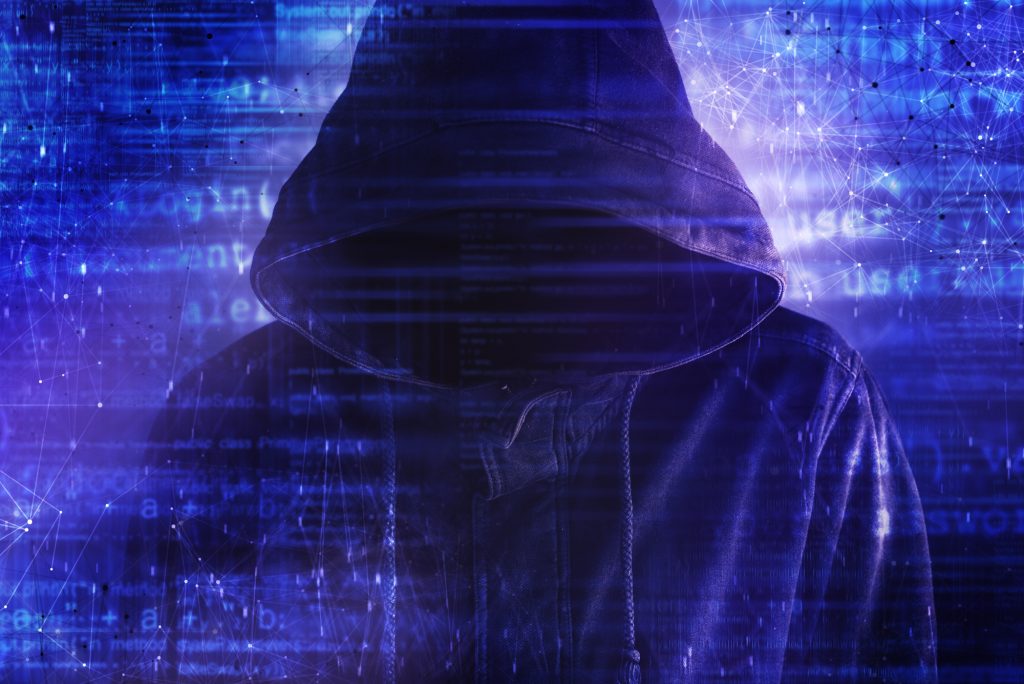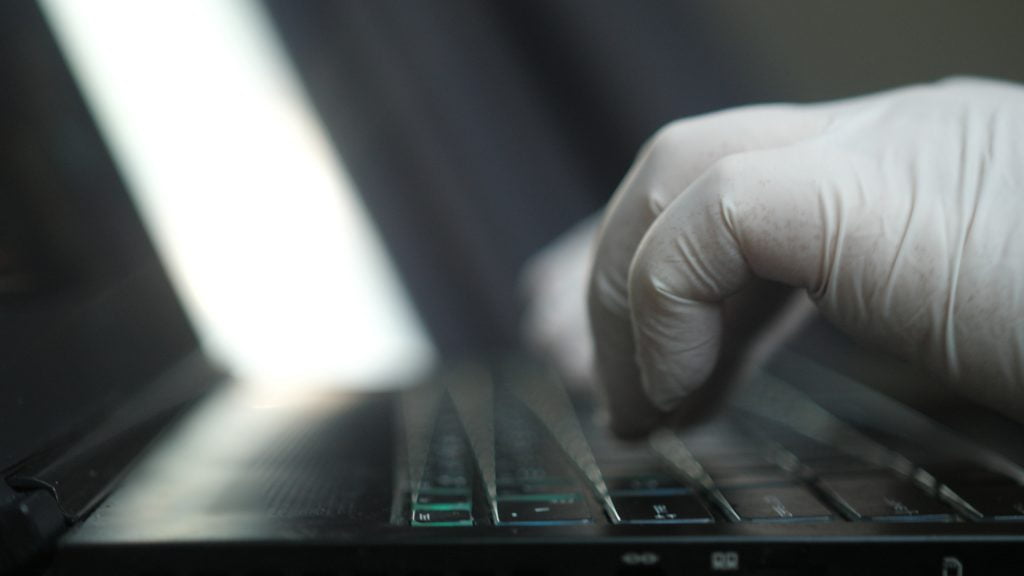The Israeli cybersecurity sector kicked off 2021 with a dazzling $1.5 billion in funding, split across 17 deals, in the first quarter of the year. And entrepreneurs and analysts in the cyber tech sector believe this is just the beginning, noting that the global community will continue to invest, acquire and team up with local cybersecurity startups to try and crack the growing rate of cyberattacks.
“For the last decade, Israel has been a source of amazing innovation. Today, a big chunk of the global cybersecurity innovation is being developed in Israel,” Arik Kleinstein, managing partner and co-founder of Glilot Capital, tells NoCamels.
SEE ALSO: Leading Israeli Firm JVP Inaugurates International Cybersecurity Center In New York
Israeli companies offer a range of cybersecurity solutions for all sectors. In fact, the impressive first quarter funding comes on the heels of a record year of investments for domestic cyber – in 2020, capital reached $2.9 billion and total investments in cyber in Israel reached 31 percent of investments worldwide, placing Israel second only to the United States.
Israel has a world-renowned name for its technology and security solutions. Cybersecurity requires both.

Kleinstein emphasizes that global investors are looking to Israel for the country’s famous audacious cyber solutions but not just. Rather, the opportunity, he says, is what continues to bring foreign funding.
“The world has realized that in Israel there is a lot of cybersecurity potential and that is why they come here. They come for the opportunity,” says Kleinstein. “We have a very unique ecosystem that fully captures the potential of cybersecurity and that’s the reason why investors from all over the world come here.”
This unique cyber ecosystem is made up of big cyber companies, global multinational firms with Israeli research-and-development arms, new startups, army training, and government support for both private and public endeavors. Together, these components have created an effective community that is bringing cybersecurity solutions needed to market.
“Although the cyber threat is a global threat, the scope of Israel’s activity in the field is immeasurably more extensive than that of most countries in the world,” Einat Meyron, an Israeli cyber resilience expert, tells NoCamels. “When examining the potential success of projects in the cyber field, especially in Israel, it is impossible to disconnect the development environment of the entrepreneurs themselves. In the intelligence units, soldiers who are chosen for their high-quality personality traits are allowed to initiate and lead processes. When these guys develop an idea, they have already implemented an earlier version of it in their military service and their process of progress is accelerated more than in other areas.”
Sign up for our free weekly newsletter
SubscribeThe need for cybersecurity solutions jumped in the past year, with a big part of it a direct result of the COVID-19 pandemic moving work to home. In Israel, the pandemic pushed local companies in terms of development and also in terms of sales.
“The pandemic definitely increased what we call the attack surface. The more connections we have today, the more computers and mobile devices we have, then the attack surface increases. COVID-19 led to a situation where many employees were working from home without adequate security infrastructure. And that created more opportunities for the attackers. We’ve definitely seen a significant increase in cyberattacks,” says Kleinstein.

The National Cyber Directorate (INCD) said in its annual report for 2020, that Israelis reported a 50 percent jump in cybersecurity attacks over the previous year. The directorate showed that of the 9,100 verified cyber attacks, about 60 percent were hacking into social networks, 14 percent phishing attempts, and 14 percent information theft. Other cyber incidents from citizens and businesses included weaknesses in computer systems (3 percent), intrusion into computer systems (3 percent), malware such as infidelity (3 percent), impairment of functional continuity (2 percent), and bypassing identification mechanisms (1 percent).
“The growing threats have created additional opportunities for the Israeli cyber industry, which has proven once again this year that it is a national growth engine and an essential component of national resilience. The success of the Israeli cyber industry is first and foremost the achievement of its entrepreneurs, managers, and investors,” Roi Yarom, head of Industry Empowerment at the National Cyber Directorate, said in a statement.
This past year saw five Israeli companies enter the prestigious “unicorn club” (private companies valued at over $1 billion) in the cyber sector: Snyk SentinelOne, Forter, Cato networks, and BigID. According to the INCD, 33 percent of the cyber unicorns in the world are Israeli.
Cloud security companies, another stronghold for local cyber, are “getting a lot of traction from customers and investors,” says Kleinstein. He believes 2021 will “be another great year. The trend of more and more money being invested will continue. We have a very strong global position when it comes to cyber. So, I am very optimistic.”
Viva Sarah Press is a journalist and speaker. She writes and talks about the creativity and innovation taking place in Israel and beyond. www.vivaspress.com
Related posts

Editors’ & Readers’ Choice: 10 Favorite NoCamels Articles

Forward Facing: What Does The Future Hold For Israeli High-Tech?

Impact Innovation: Israeli Startups That Could Shape Our Future




Facebook comments